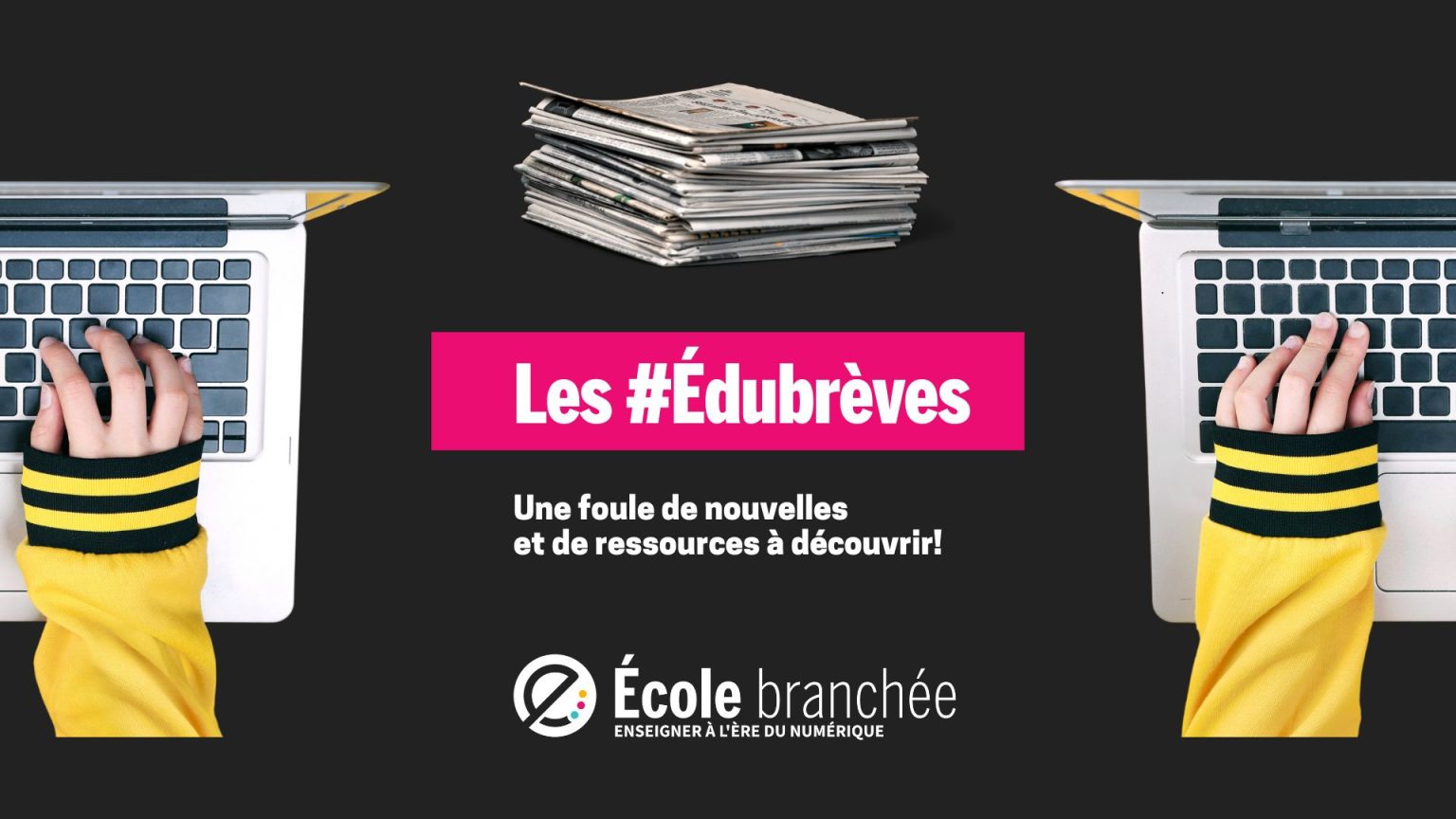Le 20 janvier dernier, on procédait au lancement de la Fondation Justine et Florence, dont l’objectif est d’offrir aux jeunes autistes québécois l’accès à une tablette électronique en classe.
Co-fondée par mesdames Catherine Chevrette et Nancy Ménard-Cheng, la nouvelle fondation porte le nom de leurs jeunes filles, toutes deux atteintes d’un trouble du spectre de l’autisme. « La vie avec un enfants autiste représente un grand défi pour les familles et le milieu scolaire. Par notre fondation, nous voulons fournir des outils efficaces qui faciliteront l’apprentissage pour ces enfants que nous aimons tant », a expliqué madame Ménard-Cheng.
La Fondation Justine et Florence a organisé une vaste compagne de financement intitulée Une tablette, un sourire, qui vise à recueillir les fonds pour remettre 3500 tablettes aux enfants autistes du Québec.
Une porte-parole à l’enthousiasme contagieux
Madame Kim Thúy, auteure réputée, mais surtout maman d’un garçon atteint du spectre de l’autisme, est la porte-parole de la fondation. « J’ai été fortement impressionnée par la démarche de Catherine et Nancy, qui sont, tout comme moi, mères d’un enfant autiste. J’ai eu envie de me joindre à elles pour faire connaître la Fondation et le projet Une tablette, un sourire. Nous pourrons ainsi aider nos enfants à développer leur potentiel et à avoir une plus belle vie.»
Un projet-pilote à Varennes
Amorcé depuis quelques mois, un projet-pilote est en cours à l’école Marie-Victorin, de Varennes, dans le cadre duquel on a doté six classes spécialisées de deux tablettes chacune. Le projet inclut également les applications, la formation et le soutien nécessaires aux divers intervenants.
Même s’il est trop tôt pour faire une évaluation exhaustive du projet, selon l’enseignante Mélanie Guillemette, pour l’instant, l’expérience s’avère très positive. « Je sens une augmentation de la motivation en classe. Nous constatons qu’il est plus facile pour les jeunes de demeurer concentrés quand ils utilisent les tablettes », explique-t-elle.
Contribuer au développement des jeunes
Au Québec, 1 % des enfants sont atteints d’autisme. La Fondation Justine et Florence souhaite contribuer significativement au développement social et intellectuel de tous ces jeunes. « Nous souhaitons voir s’épanouir nos enfants atteints d’un trouble du spectre de l’autisme. L’apprentissage est le moteur de la vie et chacun peut apprendre toute sa vie. C’est ce que nous souhaitons pour tous les jeunes autistes du Québec », a conclu madame Chevrette.
Pour en savoir plus, on peut visiter le site www.UneTabletteUnSourire.com






